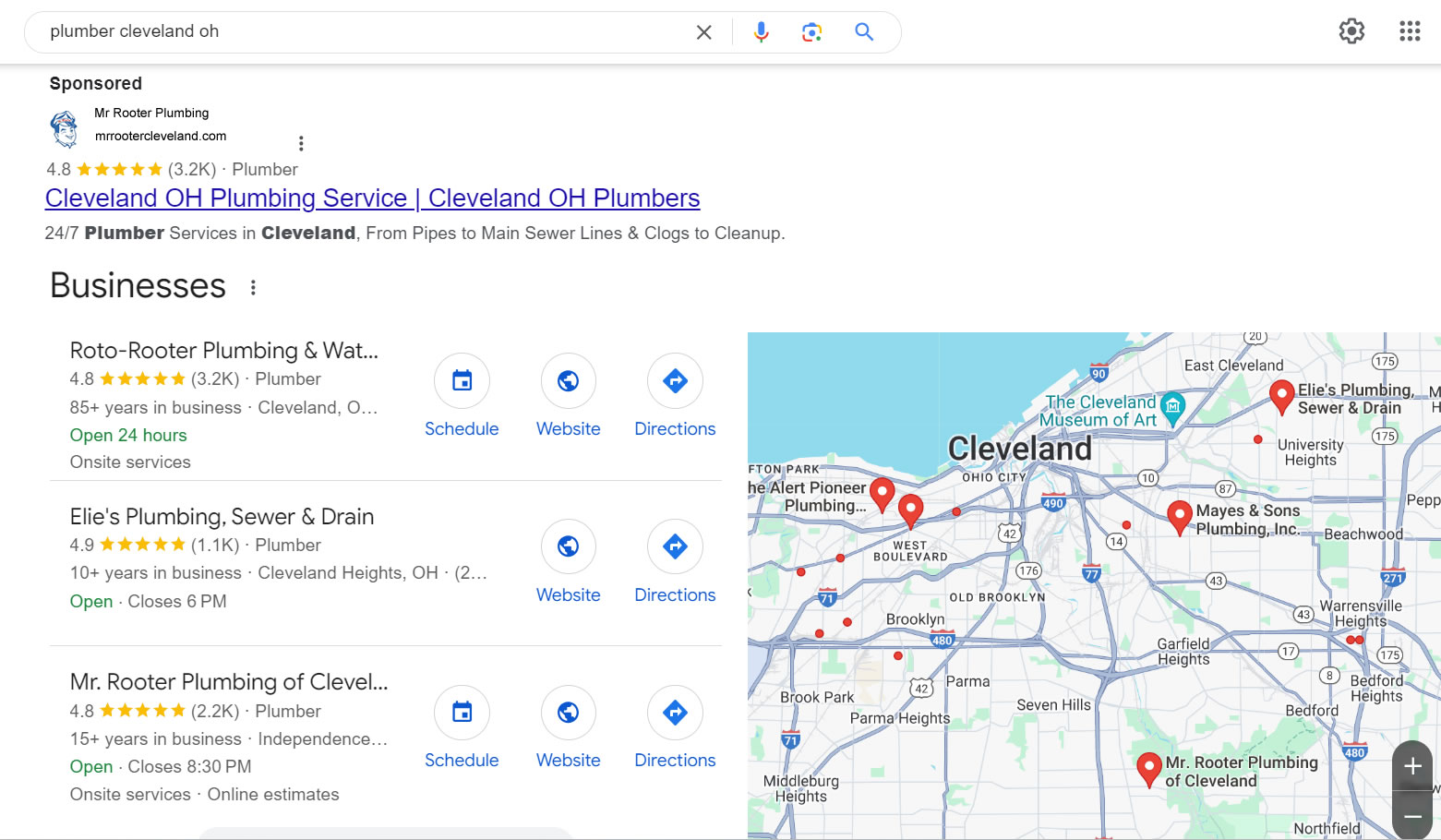A lot of pressure is often placed on the sales team. After all, the ability to successfully sell a product or service is ultimately what makes or breaks a company. Being a sales rep isn't an easy job. It takes a strong drive and a willingness to press onward in the face of adversity. Many attempt a career in sales, but it's only a handful of enthusiastic individuals that have successfully mastered it. We've all dealt with annoying sales reps that seem to say all the wrong things. Thankfully, those mistakes can be avoided with a little intention and understanding. Recognizing and eliminating these four frequent slipups can help take your sales from flat to soaring in no time.

Knowing Too Little About the Product or Service
Many sales reps may have a predesigned sales pitch, or have a list of features and product information in front of them. They may be prepared to answer the FAQ's, but what happens when a potential client asks a less obvious question? What if they want to know more about the direction or mission of the company itself, or desire a deeper understanding of how the product or service will benefit them. In such cases, it takes a sales representative who goes the extra mile and tries to understand their companies culture and vision. They need to have a more complex understanding of what their company is offering and brainstorm various ways that it might help clients in different situations.
Breaking the Ice with Irrelevant or Unnecessary Questions
Sometimes sales calls start out awkwardly, and understandably many sales reps will try and offset this with a few personal questions to reach out and make a connection. A few take this to the extreme however and may waste fifteen minutes or more talking about the weather, the city where they live or asking information that is too personal. The result could prolong and intensify the awkwardness rather than decrease it. Remember that the person you are speaking with is most likely very busy. They don't have a lot of time to sit around and chit chat about life, and they may feel you are disrespecting them by not getting to the point faster. It's okay to start out the conversation in a friendly way, but try to keep any questions or discussions relevant to what you are offering and how it can provide value to them.
Not Doing Research Ahead of Time
If you book an appointment for a call or meeting, do your homework before hand. They shouldn't have to explain information about the company that is easily found on their website. Keep in mind that they have taken time out of their work schedule to speak with you, the least you can do is come to the conversation well prepared. Don't waste time talking about things you should already be aware of. It's much better to show them that you respect their time and care enough about them to research the basics. Doing so means you can stay focused on the things that will bring the largest amount of value to the discussion, and you will both leave the call feeling much better about the experience.
Being Unfocused During the Conversation
In today's world, it can be very easy to get distracted during a meeting, particularly if it's over the phone where you aren't visible. It can be tempting to quickly check your email, glance down at a text message or your Facebook feed. You might think you're multitasking, but you're just losing focus. Paying close attention is essential to building a relationship with your customer. If they feel ignored, or must constantly repeat themselves they may not stay around for long.
While it may take a little more effort to prepare and practice the art of sales, it truly can make all the difference in the world. By respecting a customer's time and staying focused on providing the most amount of value in every conversation, you will build a solid foundation of mutual trust. Rather than wasting precious energy making calls and setting up meetings that never gain traction, you'll quickly develop relationships with people who appreciate your company and the benefits they receive from using your products and services.




